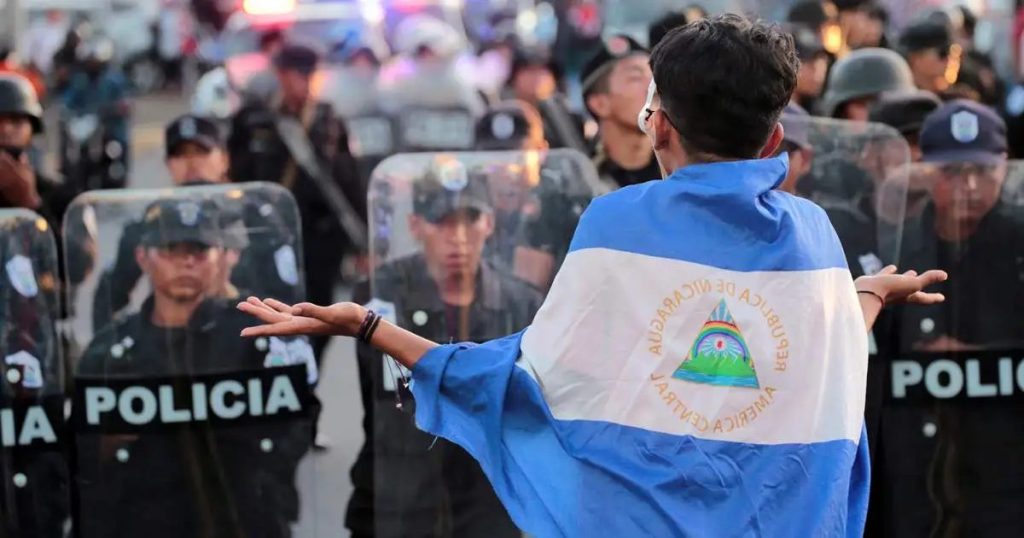
Nicaragua is a Central American country relatively little known by Brazilians.. The few times that the country appears in the Brazilian media is to talk about (superficially) of some coup or disaster that occurs in the country. The latest news shows popular demonstrations and the repressive response of Nicaraguan President Daniel Ortega. The view presented is that he is an authoritarian dictator in an unstable country. However, more than a juncture, there is a more structural issue there: the country is under economic pressure due to the sanctions and embargoes it suffers.
In 1985 US President Ronald Reagan declared Nicaragua a threat to national security. The result was the imposition of trade sanctions and the banning of commercial flights to the country.. In addition to these actions, there was also the funding of movements against the Nicaraguan government at that time.
Since then, Nicaragua has been experiencing the consequences of these embargoes and sanctions.. The current US president, Joe Biden, kept the positioning. It is interesting to note that the country has approximately 6 millons of citizens, is small, with few resources and very poor. Even so, is seen as a major threat, which must be tackled through sanctions.
Currently, the US imposes sanctions against Nicaraguan government officials as well as prevents loans from international organizations to the country., unless they are directed towards humanitarian issues or democracy promotion.
Although the objective is to reach the officials, especially ministers and other influential figures in government, the result is very different. Who ends up suffering the most profound consequences is the poorest part of the population.. To get an idea, the World Bank used to finance important projects in the country, targeted at this part of the population.. But it suspended funding in 2018, only releasing some resource again at the end of 2020 to help the country face the covid-19 pandemic and two hurricanes that devastated the country.
in the medium term, sanctions end up structurally affecting Nicaragua. The public health service, for example, began to face difficulties in maintaining the equipment, leading to a significant deterioration in the quality of care. Transport, communication and education are other areas that also suffer from not being able to access both financial resources and necessary equipment.. Like this, no final, who actually suffer the consequences of international sanctions are the poorest people, who depend on the State to provide them with the minimum living conditions.
When looking at the impact of sanctions on the population, I am not defending the Daniel Ortega government. There are serious (and probably true) accusations of election fraud, there is a violent repression on the population that demonstrates against the government. These are serious issues that must be addressed.. However,, this does not mean that sanctions should be considered as a form of action.
Just to give us an idea of the impact of sanctions, there is a discussion in the US about the possible boycott of Nicaraguan beef imports. The sector has already shown that it is apprehensive about the investments needed for the next harvest, certainly the government will lose money both in taxes and in access to international currency, Producers will lose money from export limitations, but, about everything, approximately 600 1,000 Nicaraguan workers could lose their jobs.
Indico o artigo “Are Nicaraguan Migrants Escaping ‘Repression’—or Economic Sanctions?” (John Perry) talking about Nicaraguan migrations, discussing how much they escape government repression and how much they escape economic conditions.
https://fair.org/home/are-nicaraguan-migrants-escaping-repression-or-economic-sanctions/
